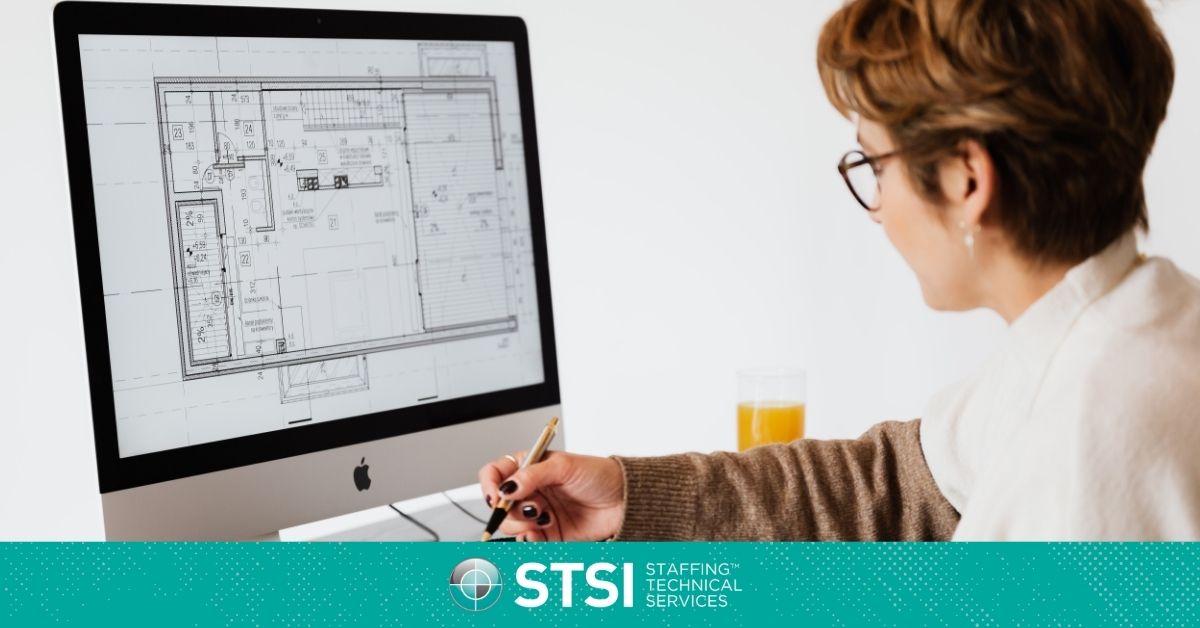In today’s construction industry, efficiency, safety, and collaboration are non-negotiable. That’s where Building Information Modeling (BIM) comes in. If you’ve ever wondered how to get more out of your project planning and execution, leveraging BIM design professionals is a smart move. They transform complex data into actionable insights, ensuring projects stay on time, on budget, and on target.

What BIM Design Professionals Do
BIM design experts create highly detailed 3D models embedded with critical data. These models act as a single source of truth for architects, engineers, contractors, and project managers. By visualizing every element of the project upfront, BIM reduces errors, prevents clashes, and ensures that all systems, structural, mechanical, electrical, and plumbing, work seamlessly together.
Beyond modeling, BIM specialists use advanced software like Revit and Navisworks to simulate project sequencing, test construction feasibility, and maintain data accuracy. Their ability to coordinate complex inputs helps teams avoid delays and make better decisions earlier in the process.
Key Benefits of BIM in Construction
When you bring BIM professionals into your team, you gain:
- Improved Coordination: Streamlined collaboration across disciplines minimizes miscommunication, ensures every trade is aligned, and reduces costly change orders.
- Clash Detection: By detecting conflicts between systems digitally, BIM prevents expensive on-site corrections and keeps construction on track.
- 4D Scheduling: Linking models with timelines allows teams to visualize progress, optimize labor allocation, and avoid resource bottlenecks before they occur.
- Cost Accuracy: With precise quantities and data-driven insights, project managers can create realistic budgets, monitor costs in real time, and reduce financial risk.
- Lifecycle Value: BIM doesn’t stop at construction. Rich data models support ongoing facility operations, from maintenance scheduling to energy efficiency planning, extending the value of your investment.
- Risk Reduction: BIM enhances safety by simulating site logistics and sequencing, helping identify hazards before crews set foot on the jobsite.
Why It Matters for Your Project
BIM design isn’t just about technology, it’s about better outcomes. From design through facility management, BIM ensures quality, reduces risks, and boosts communication at every stage. By engaging skilled BIM construction professionals early, your team gains a digital tool that delivers measurable results.
Ready to strengthen your next build? STSI connects you with top BIM design talent who bring precision, collaboration, and efficiency to every project.
